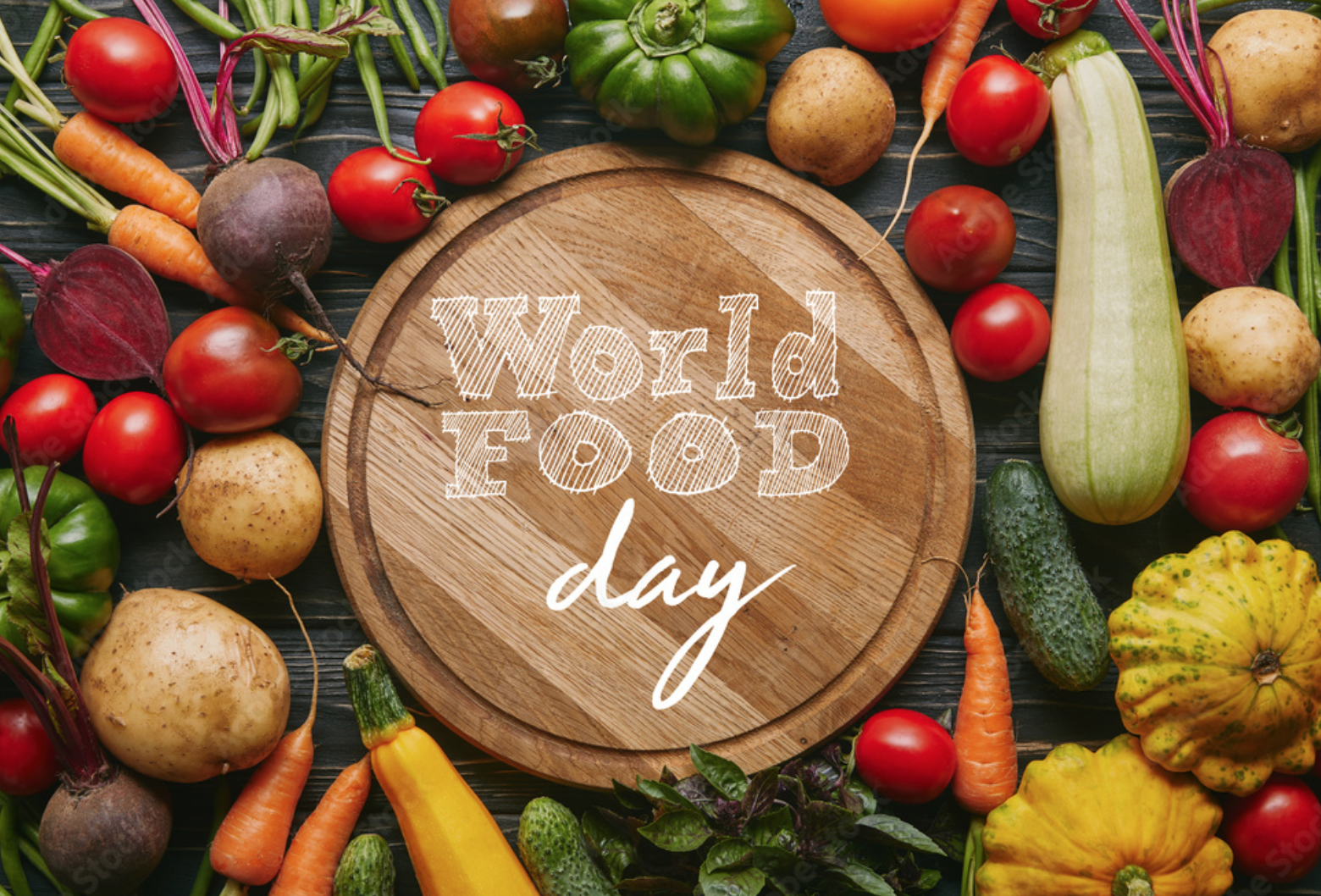
The world recently marked the WORLD FOOD SAFETY DAY on 7th June. The event aims to draw attention and inspire action to help prevent, detect and manage foodborne risks, contributing to food security, human health, economic prosperity, agriculture, market access, tourism and sustainable development.
“This international day is an opportunity to strengthen efforts to ensure that the food we eat is safe, mainstream food safety in the public agenda and reduce the burden of foodborne diseases globally.” – United Nations
The use of, resilient, efficient, and sustainable livestock production systems across value chains contribute significantly to the production of safe foods necessary to feed growing populations in Africa and the world.
With projections indicating that the human population will reach 9.5 billion by 2050 and that 25% of the population will be living in Africa, world hunger rates are on the rise and malnutrition is affecting more and more people in developing nations. Livestock is an important aspect for combating malnutrition and safety issues concerning food. Animal-based protein has proven essential in combating malnutrition among children while providing a significant amount of protein to feed the growing populations.
- 1. Given the centrality of livestock protein in feeding the population, the safety of this food proponent is key. Such safety can be attained through training and capacity building on
- 2. Proper animal production and management,
- 3. Proper storage,
- 4. Value addition across value-streams, and
- 5. Providing linkages between farmers and quality assurance experts.
“At CoELIB, we appreciate the importance that livestock production plays in food safety. Therefore, we, among many other areas, focus on mitigating aflatoxin contamination in livestock protein, which [aflatoxin] has caused a lot of health damage to populations in Africa. We are also helping manage risks to food safety in informal markets for nutrient rich perishables like milk and meat.” - Solomon Rabin, Dairy Consultant - CoELIB
